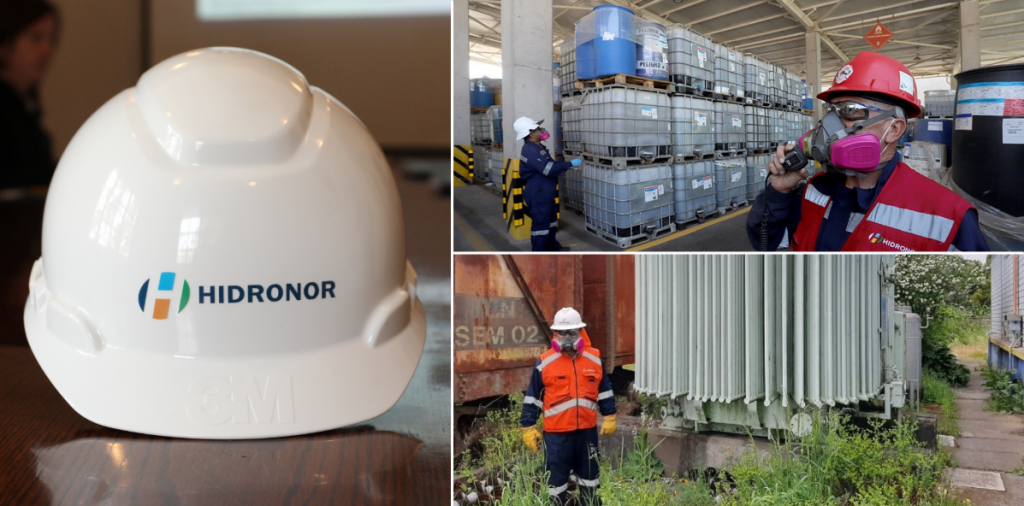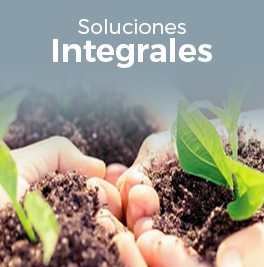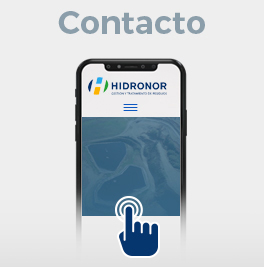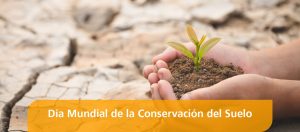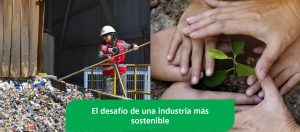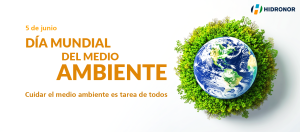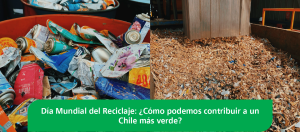
Five years have passed since the beginning of the implementation, and today the EPR Law continues to add challenges and requirements in order for companies to build integrated waste management systems (SIG) that are compliant with the current regulations.
In this sense, and with the aim of working together allowing producers to join collective SIGs to facilitate processes, at Hidronor we analyze part of the current scenario of the EPR Law and other obligations that exist in environmental matters in our country.
Tires, containers and packaging: The legislative decree (EPR Law) requires companies to collect and recycle at least 90% of the tires, obligating manufacturers to take charge of them once their useful life has ended.
In the case of containers and packaging, this law agreed to install 354 recycling points in four years to comply with recycling obligations and thus facilitate the processes for users expecting that by September 2023 the collection of recycled material of high consumption in the country will begin on a large scale.
Batteries, electrical and electronic devices: In mid of the year 2021, it was determined that these wastes would be taken into consideration in the same decree, establishing six categories of electrical and electronic equipment to be regulated. In detail, the draft regulates, on the one hand, large batteries (greater than 5 kilos) and small ones. In addition, it regulates all Electrical and Electronic Equipment (EEE) that work on electric current, divided into large and small ones less than 50 cm. (like a flash drive). For their part, the larger ones are divided into temperature exchange devices (such as air conditioners and refrigerators), photovoltaic panels, and a third group such as TVs, computers, refrigerators, among others.
Lubricant oils: The EPR Law also seeks to take charge of the almost 123 thousand tons of lubricating oils that circulate each year in the national market, where only 60 thousand are currently treated (the rest of it goes to an unknown destination). Given this alarming figure, the regulations establish that in the first year of validity, the production companies must recover and valorize 50% of the oils placed on the market, and this goal will gradually reach a 90% valorization of these wastes within a period of ten years.
PCB regulations in Chile: In regard to this highly dangerous waste, companies have until 2025 as the maximum term for its disuse and until 2028 for the elimination of equipment that contains PCBs (Polychlorinated Biphenyls) or Askareles. This international regulation (defined in the Stockholm Convention) seeks to control these refrigerant substances that have been banned worldwide, since 1982. To eliminate this waste in Chile, it is necessary to export it for its correct and safe incineration with companies that provide this service, as is the case of Hidronor.
Correct proceeding
Pointing out all of the above, the responsibilities for companies are clear, but how will those that do not have their own systems to take care of their waste or properly dispose of hazardous waste do it?
The answer is simple: At Hidronor we have become strategic partners to companies that need to channel the correct management of their hazardous waste in accordance with current regulations, in a safe manner and contributing to the environment.
Contribution to a Circular Economy
Our company has more than 25 years of experience and coverage throughout the national territory, which has allowed us to develop the necessary expertise to be a facilitator in the value chain of Chile's circular economy.
For the correct management of the six priority products established by the EPR Law, we contribute through the recovery of lubricating oils or products with calorific value that are contaminated in order to convert them into alternative fuels and car batteries that contain acid and lead to produce cathodes for mining; We also consolidate different electrical and electronic devices in disuse at the national level so that recycling companies carry out the dismantling process in order to extract precious metals such as aluminum; treatment, revaluation and recycling of contaminated containers and packaging, among others associated with the recovery of batteries and tires.

